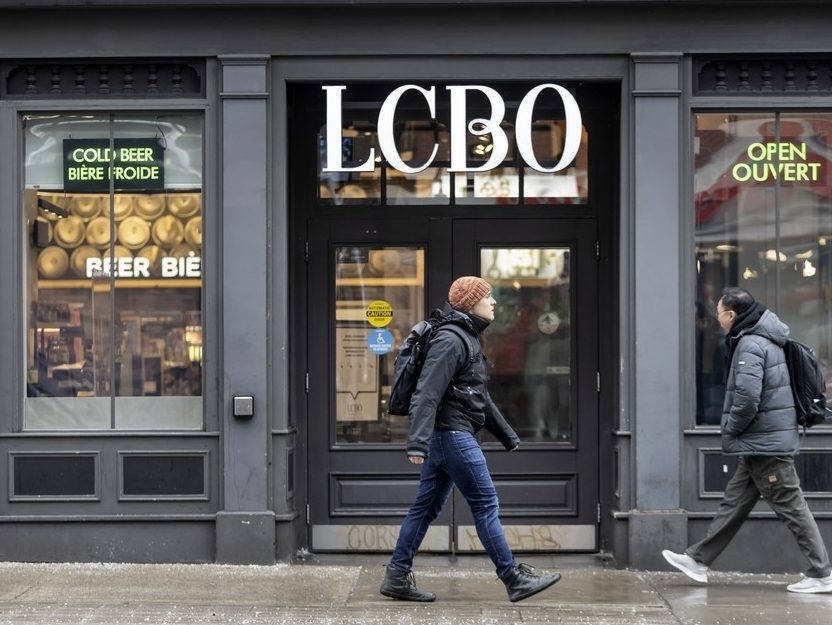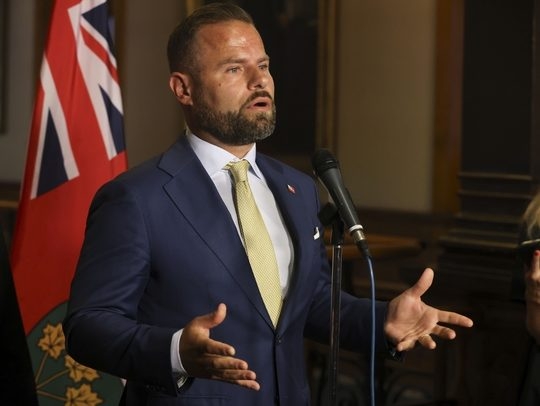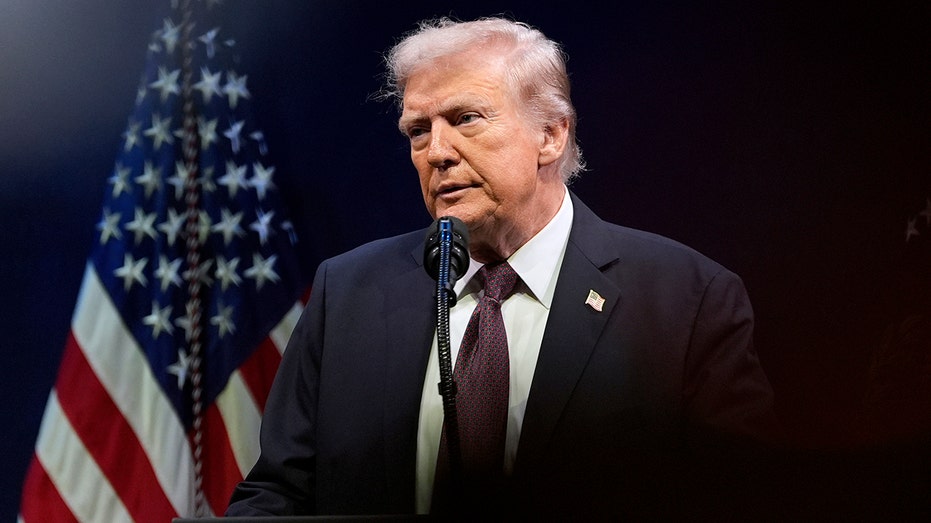The uproar over planned alcohol price hikes in Ontario masked a surprising truth: the initiative didn’t stem from the LCBO, but directly from the office of Finance Minister Peter Bethlenfalvy. A detailed October 15th letter revealed the extent of the minister’s control, outlining precise markups for every type of alcohol under a new “wholesale” program.
Initially, the Ford government attempted to distance itself from the controversy, suggesting the LCBO had acted independently in proposing the January 1st increases. The changes were delayed to April 1, 2026, framed as a response to an agency exceeding its authority. However, Bethlenfalvy’s letter paints a different picture – one of direct, granular instruction from the government.
The restaurant and hospitality industry reacted swiftly, warning of a significant blow to affordability and competitiveness. Estimates suggested price increases of 10-15% across the board, with some products, particularly beer, facing even steeper jumps.

Industry sources predicted a 40% increase in the cost of draught beer from major breweries, and a staggering 70% hike for craft brewers. The minister’s letter meticulously detailed markup percentages based on alcohol content – cider at 30%, ready-to-drink cocktails at 60%, wine at 73%, and spirits at a substantial 105%.
This complexity stood in stark contrast to Premier Doug Ford’s promise in May 2024 of a comprehensive review aimed at simplifying the province’s antiquated alcohol pricing structure. The goal was to create a fairer marketplace for both consumers and Ontario-based producers.
That promised overhaul, intended to dismantle rules dating back to Prohibition, remains unfinished. While minor adjustments appeared in the 2025 budget and the LCBO announced wholesale markups, a true modernization of the system has yet to materialize.
Despite significant improvements to alcohol access under the Ford government, this situation represents a broken commitment. The current approach suggests a lack of diligence, a settling for “good enough” instead of delivering on the promised comprehensive reform.
The impending price increases also appear to contradict a core tenet of Ford’s platform – a pledge to avoid tax increases. While the government may categorize these as fee adjustments, the effect is the same: consumers will pay more for beer, wine, and spirits.
A comparison with other provinces reveals a troubling disparity. Quebec, Alberta, and British Columbia all generate higher per capita revenue from their liquor boards while maintaining lower prices and markups. The LCBO possesses the potential to increase revenue *and* offer better value to consumers.
But that requires innovation – a quality conspicuously absent from Bethlenfalvy’s detailed, prescriptive letter. Ontario deserves a modern, efficient alcohol system, and Premier Ford pledged to deliver just that. It’s time to fulfill that promise.





